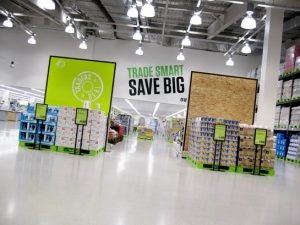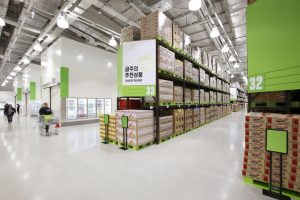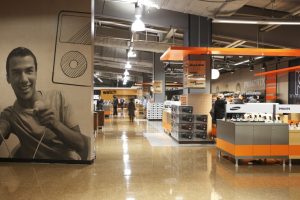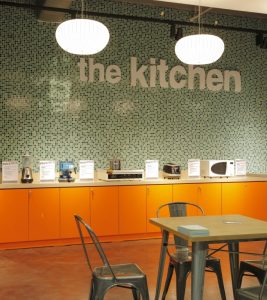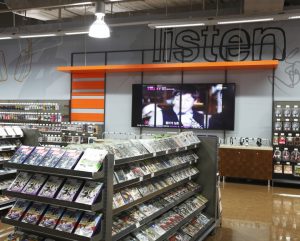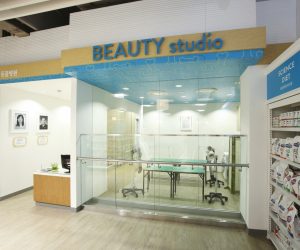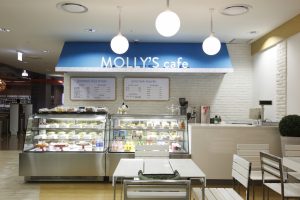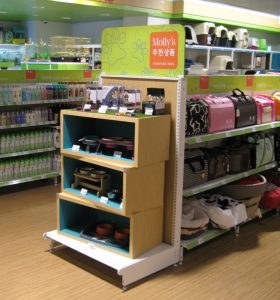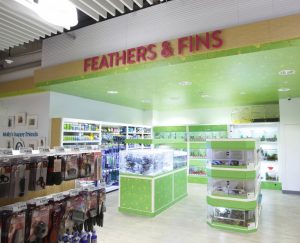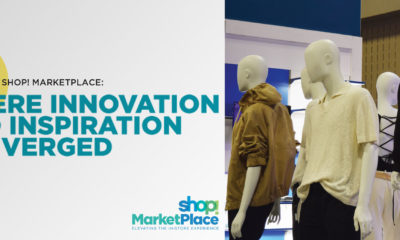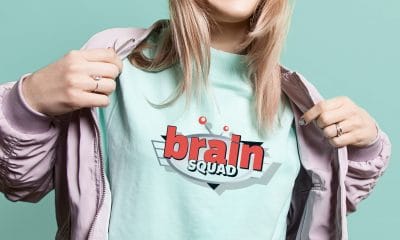“Category killer” retailing swept through the U.S. 20 years ago. In South Korea, however, it’s a new concept and one that appealed to E-Mart Co. Ltd. (Seoul), the country’s largest discount store chain.
E-Mart’s more than 100 superstores sell a typically wide array of products. But as Korean consumerism has developed, the company was looking for ways to expand, both in Korea and globally.
Working with Prophet, the New York-based branding and consulting firm, E-Mart identified a place for three specialty formats that hadn’t currently existed in the Korean marketplace: pet retailing, consumer electronics and a warehouse-style price club store (but without any membership requirements).
So taking over a two-story space in Seoul that had formerly been a Walmart store, E-mart opened Matrix consumer electronics, Molly’s Pet Shop and E-Mart Traders. Prophet developed the concepts and WD Partners (Columbus, Ohio) created the store design.
Molly’s Pet Shop is an unprecedented notion in Korea, says Allison Westrick, WD’s executive director of design and brand. “Typically,” she says, “pet supplies and products in Korea were available only through veterinarians – and online at specialty pet web sites.”
But Molly’s – named after the standard poodle of E-Mart chairman Chung Yong-jin – is a bright, light, modern 3000-square-foot space that’s full of pet products (toys, food, equipment, grooming needs, etc.) as well as related services. There’s an in-house vet, beauty studio, play and training area, pet hotel, adoption clinic, obedience classes and even a Molly’s Café where owner and dog can dine together.
Advertisement
Right from the cylindrical glass enclosure that marks the front entrance to the second-floor space, design elements are clean and open. The palette is bright and lively, with color cues to note departments: orange for the Social Club, a training and play area; a bright topaz blue for the Beauty Studio; and white and blue for Molly’s Café.
If a pet store is a new frontier for Korean retailing, a consumer electronics store would seem to be a brave march into a saturated, well-established retail sector. Everyone knows how successful Korean brands such as Samsung, LG and Daewoo have been around the world. But, says Prophet principal Peter Dixon, most electronics retailing in Korea has been either single-brand stores or floor-to-ceiling warehouse environments. The idea of creating lifestyle and product demonstration areas – such as a simulated home entertainment room or kitchen – is a novel idea in Korea.
So in the 11,000-square-foot Matrix store, graphics portray people playing video games and otherwise enjoying the merchandise. Handwritten graffiti on concrete surfaces suggests the energy of the youthful, edgy market that the retailer is after.
Down on the first floor, the entire 130,000-square-foot space is dedicated to E-Mart Traders. Here the environment shifts from specialty retailing to mass merchandising, value pricing and bulk purchases. “It’s clean, simple, well-organized and high-volume,” Westrick says.
It’s also colorful and inviting in a way American warehouse stores often are not. The graphics are big and eye-catching, with green leading the way to departments. Large-scale “Traders’ Deal” and “Trade of the Week” merchandising displays showcase new products and best prices in the store each day.
The extensive merchandise areas – fresh foods, produce, bakery, wines, office supplies, home goods, etc. – emphasize domestic merchandise. “At Korea’s Costco stores, much of the packaged merchandise is imported from outside Korea, so it’s considered more prestigious to the Korean consumer,” says Dixon. “But E-Mart emphasizes its home-grown merchandise, and the shopper’s assumption is that they must be less expensive.”
Advertisement
So the packaging and merchandise presentation contains a lot of open cases on shipping pallets that let shoppers see the brand logos.
Dixon says Prophet and WD Partners were given 100 days to develop these formats, from conceptualizing to opening the doors. And while traffic and business seem to be strong, E-Mart is still in the review stage.
“They’re still evaluating and asking questions: Does this new retailing concept address Korean customers’ needs? And if it does, are there other concepts that could work as well?” says Dixon.
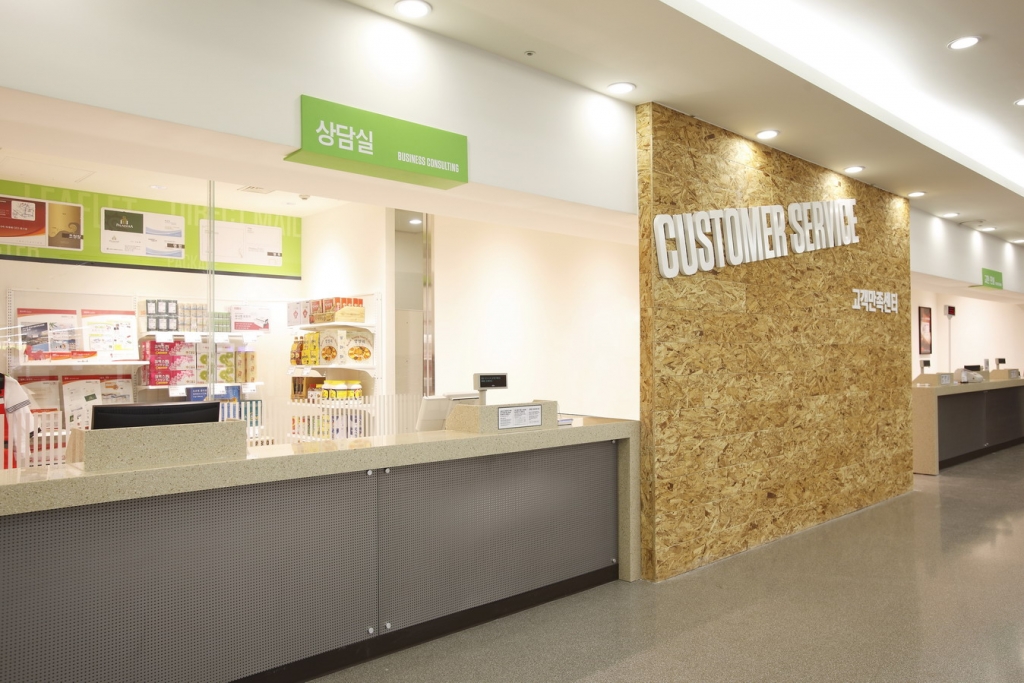
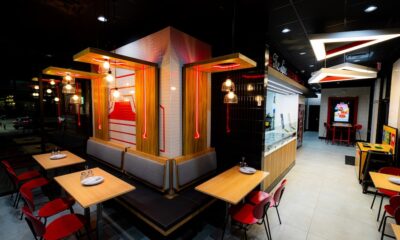
 Headlines1 week ago
Headlines1 week ago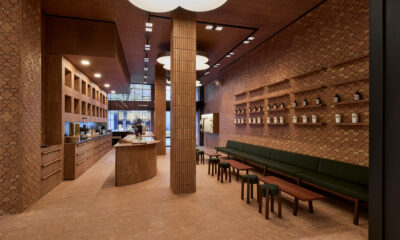
 John Ryan2 weeks ago
John Ryan2 weeks ago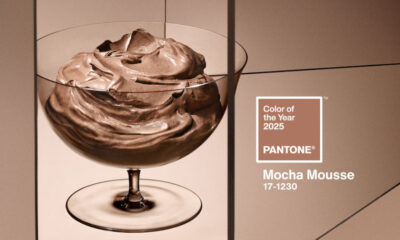
 Headlines7 days ago
Headlines7 days ago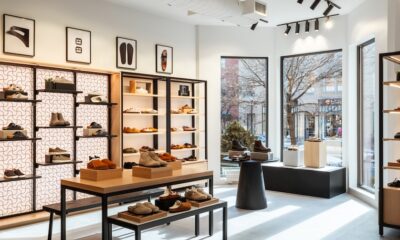
 Headlines2 weeks ago
Headlines2 weeks ago
 Headlines1 week ago
Headlines1 week ago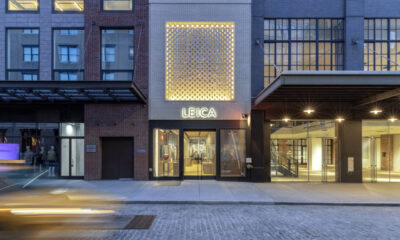
 Retail Buzz3 days ago
Retail Buzz3 days ago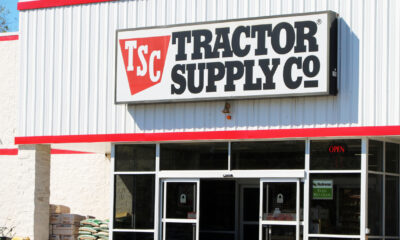
 Headlines1 week ago
Headlines1 week ago
 Headlines1 week ago
Headlines1 week ago


